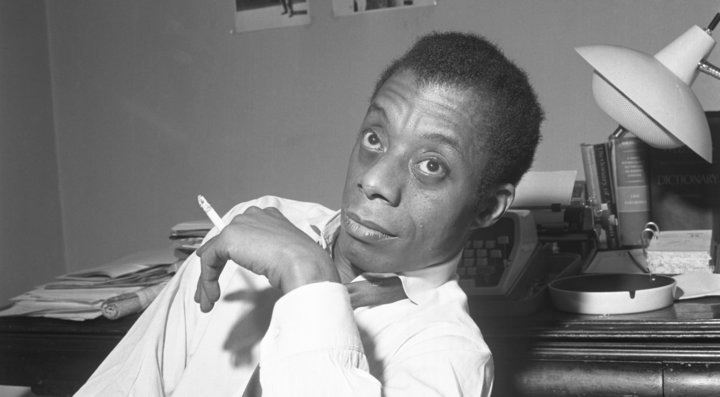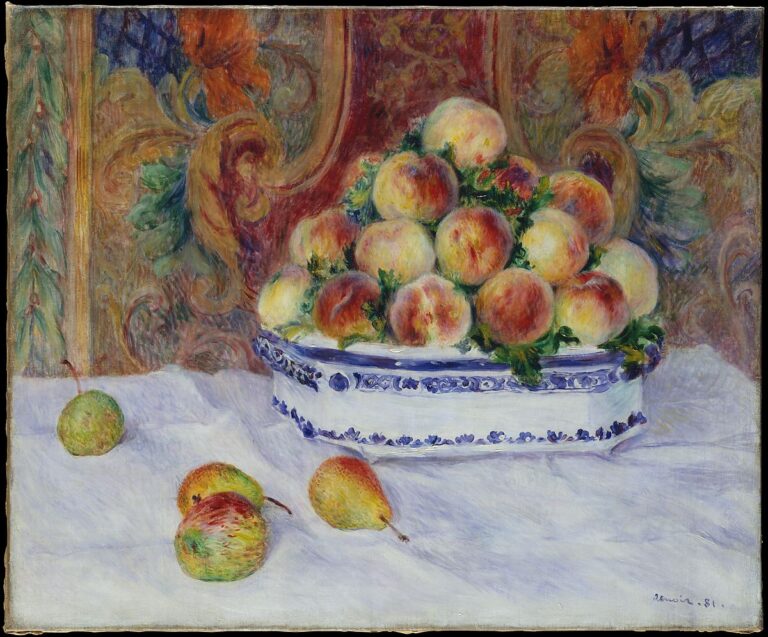Writing Trauma: Notes of Transcendence, #2–The Book as Companion

This post is part of a series by Tracy Strauss on “Writing Trauma: Notes of Transcendence,” about the process and power of writing and publishing about trauma-related topics.
Growing up, I felt loved by my mother, and safe, as we sat together on the black-and-white pinstriped couch in our living room, next to the bright white globe lamp, with Frog and Toad Are Friends spread across our laps and my head leaning into the crook of her arm. Reading a book was our nightly ritual, a soothing backdrop to the unthinkable sinister reality that pervaded our home.
I grew up an avid reader, living in a house where trauma reigned. As a girl, I experienced frequent sexual abuse and witnessed my father psychologically torture my mother on a daily basis. I couldn’t physically escape my world, but I could read a book and disappear into another reality, so that’s what I did with The Bobbsey Twins, Nancy Drew, Tales of a Fourth Grade Nothing, and Fifth Grade Magic. If I ran out of unread books on my shelf, I read the ones I’d already read again, and again, until I was so immersed in a fictional world that I forgot where I was. With the book as my vehicle, I traveled far away and lived in a better place. I not only read fiction, I wrote it, too, penning a series of stories at the age of ten about a family taken over by vicious aliens, and the daughter who saved them all.
More than a decade after I moved out of the house, I left behind the stories. In fact, I developed an aversion to reading. In therapy three times a week for PTSD, I examined painful truths, details of a past that haunted me. When I picked up a book, it was as if my brain closed a door, shutting out my engagement with the written word. When I started to read, my eyelids grew heavy. Halfway down the page, I’d either close the book or fall asleep. When this happened, I felt loss and shame: how could I, a writer and an English professor, no longer have a desire to read?
My therapist had explained dissociation to me, how a person can “go someplace else” in his or her mind to escape a reality that is threatening or otherwise unbearable. As a child, I learned to dissociate as a coping mechanism. I used books as my conduit. That was how I transported myself away from what was happening inside my house until I was in a safe enough psychological place, as an adult, to fully grapple with that reality. Novels and short stories were my salvation, until I confronted my truth. Dismantling the façade of my life, I turned away from fiction, and books, until I turned towards memoir.
At the recommendation of a writing mentor, I read Elie Wiesel’s Night. Instantly, I was drawn to Wiesel’s spare use of language, how his minimalist style packed maximum punch as it reflected the bare bones world of the concentration camp:
I stood petrified. What had happened to me? My father had just been struck, in front of me, and I had not even blinked. I had watched and kept silent. Only yesterday, I would have dug my nails into this criminal’s flesh. Had I changed that much? So fast? Remorse began to gnaw at me. All I could think was: I shall never forgive them for this. My father must have guessed my thoughts, because he whispered in my ear:
“It doesn’t hurt.” His cheek still bore the red mark of the hand.
Reading Night, I related to the way trauma subverted Wiesel’s spirit. On the page, I saw his resiliency, how he reclaimed himself, and his power, in the way he depicted his disempowered position and the traumatic experience that had disavowed his personhood. Using words to capture the truth, Wiesel rose above his imposed weakness, a state of being that had been forced upon him by the Nazis. Using dialogue, Wiesel relayed the facts of what transpired as much as he painted a portrait of his relationship with his father, his and his father’s characters, and the effects of life-altering experience.
In Night, Wiesel wrote not only of the events themselves, but how such circumstances changed him:
One day when I was able to get up, I decided to look at myself in the mirror on the opposite wall. I had not seen myself since the ghetto.
From the depths of the mirror, a corpse was contemplating me.
The look in his eyes as he gazed at me has never left me.
I’d spent my whole life trying to forget. Wiesel’s uncensored honesty lent me permission, and courage, to remember.
I read many other memoirs—Richard Hoffman’s Half the House, Frank McCourt’s Angela’s Ashes, Richard Wright’s Black Boy, Joan Didion’s The Year of Magical Thinking—that showed me that overcoming trauma and tragedy was possible. Joseph Luzzi’s recent memoir, In a Dark Wood, embodies this idea in telling the story of how Dante’s The Divine Comedy guided Luzzi through the aftermath of the sudden loss of his wife.
Writers and their books—from all eras—can be our teachers, our guides.
Gail Caldwell’s Let’s Take the Long Way Home helped me to grieve: “Hope in the beginning feels like such a violation of the loss, and yet without it we couldn’t survive. …Like a starfish, the heart endures its amputation.”
Lately, I’ve begun to return to fiction. Most recently, I found myself voraciously reading Celeste Ng’s Everything I Never Told You. Books are no longer my escape or my aversion: they are my companions—and my joy.


